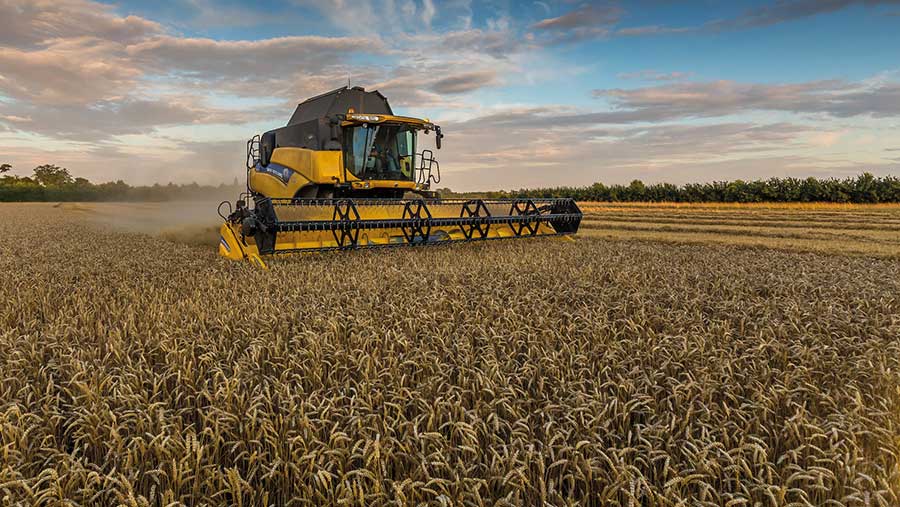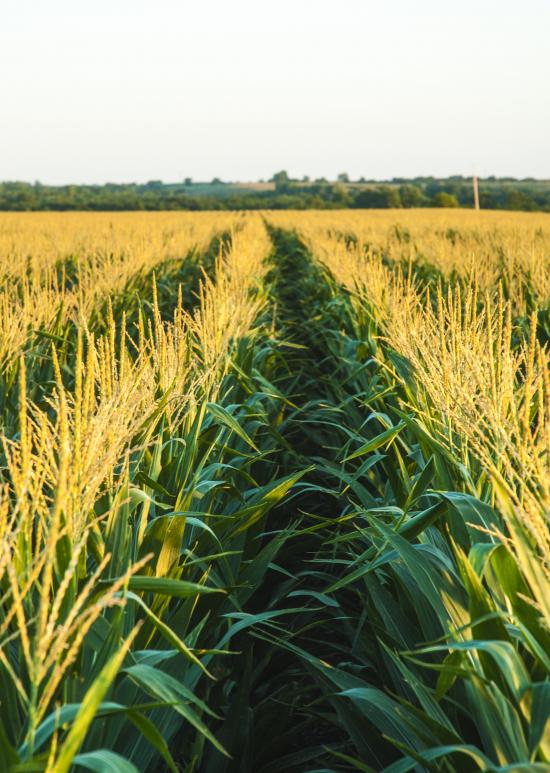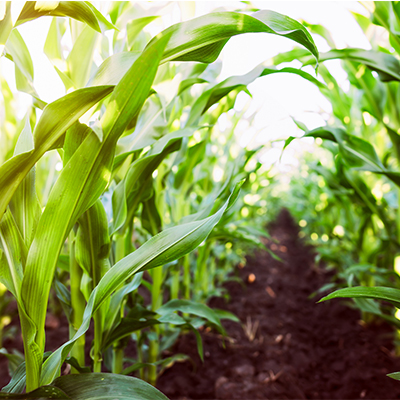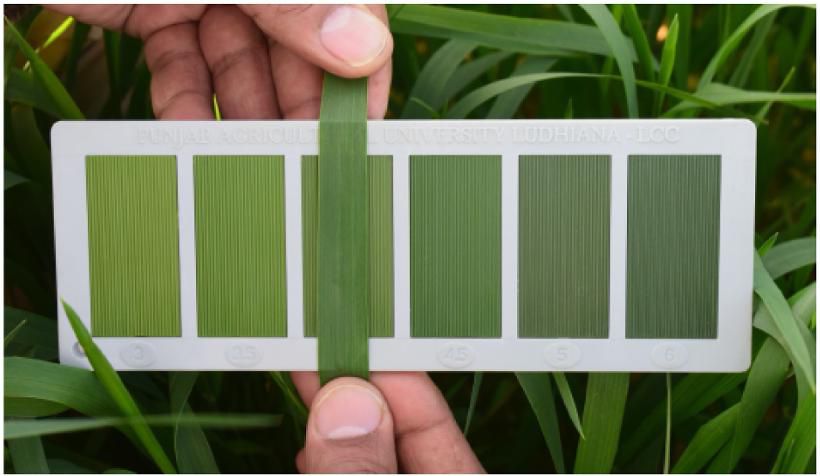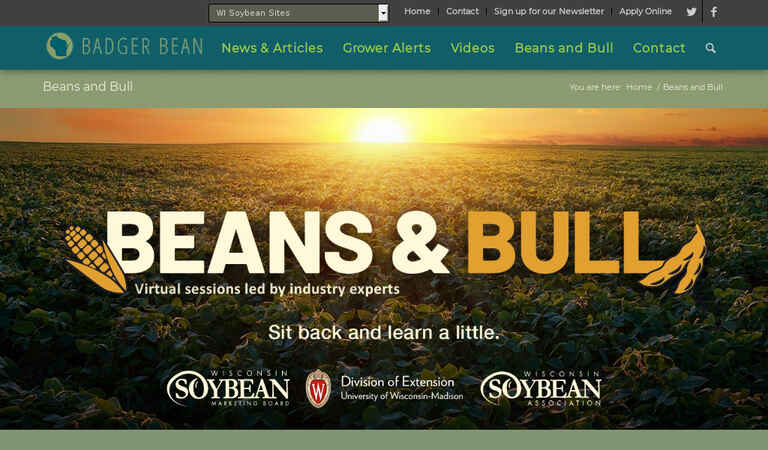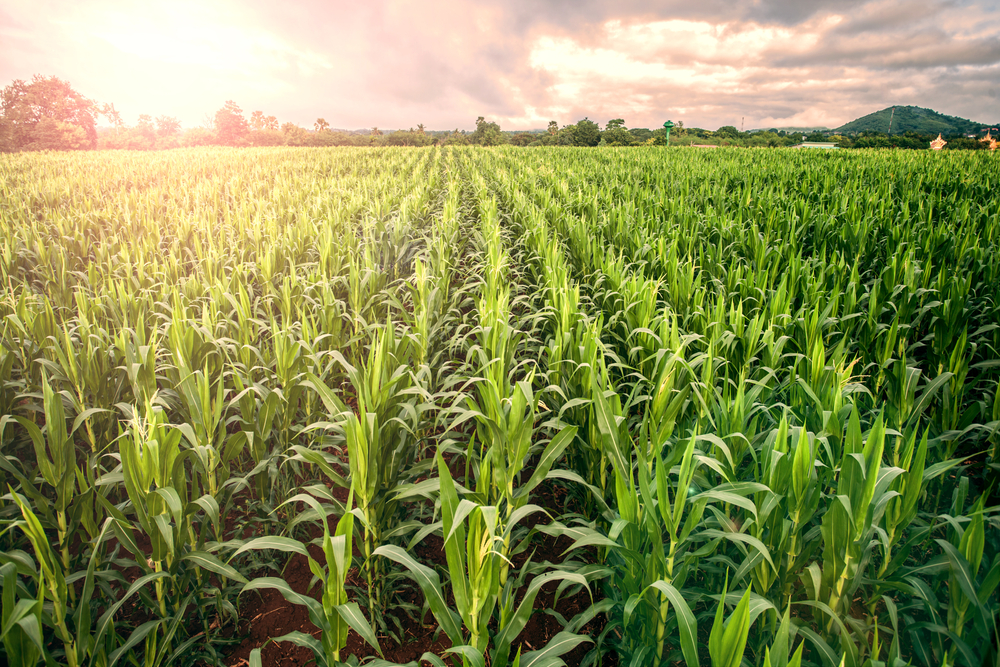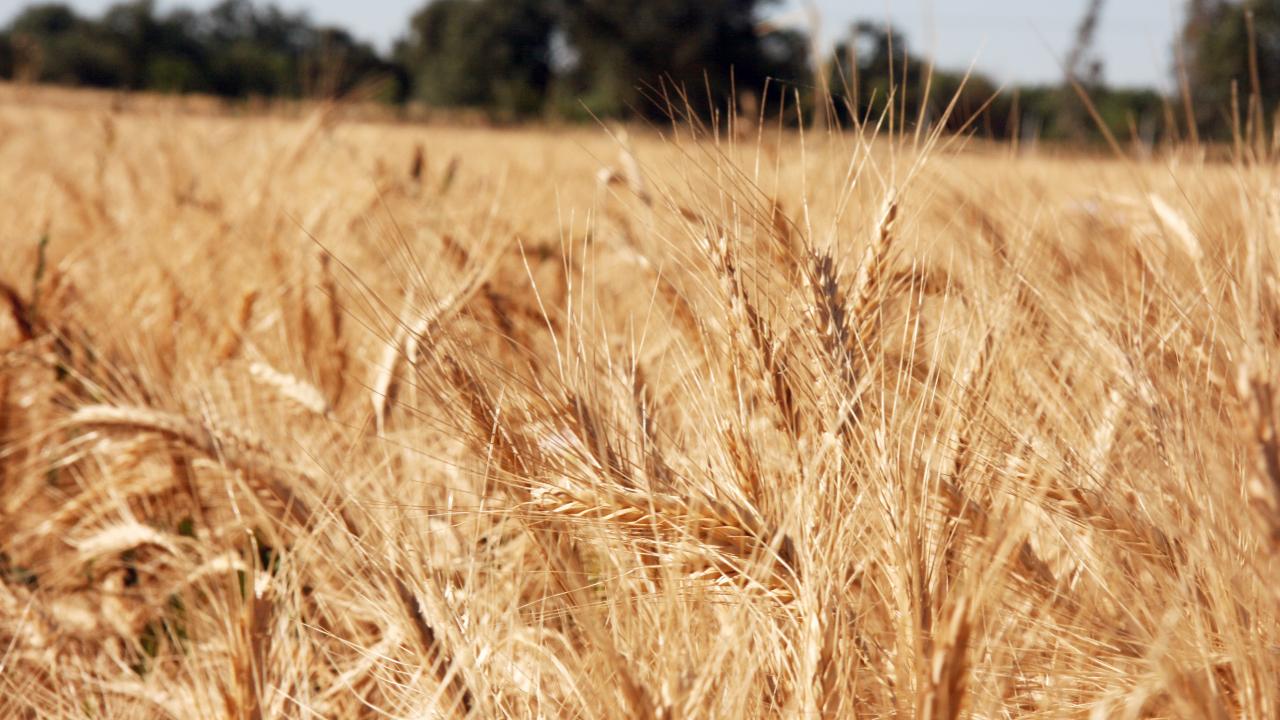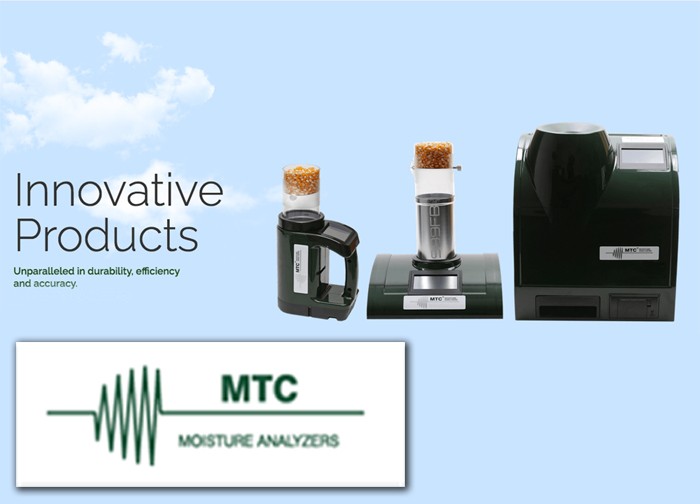 JAMES MSASA
JAMES MSASA
Topics: Regenerative Agriculture, Agronomy, AgriBusiness,
Farmers in Tanzania are encouraged to invest in growing crops that produce oil like sunflower because about 55% of oil for home use is imported from other countries hence insisted on improving sunflower production by using improved or hybrid sunflower seeds. Investors are invited to invest in sunflower production in our country. For more info call +255752406406
Read More-
(1)
-
Bookmark
- Comments (1)
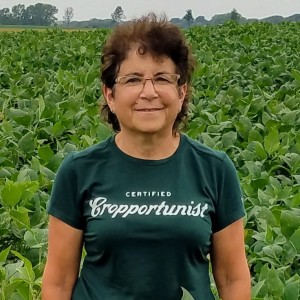 Nancy Kavazanjian
Nancy Kavazanjian
Topics: Crop Consultant, Agronomy,
How farmers can benefit from new way of paying agronomists - Farmers Weekly
Farmers will soon be able to share the production risk of their arable crops with their agronomist using the country’s first payment-by-results agronomy
-
(0)
-
Bookmark
- Comments (0)
 Matthew Kroger
Matthew Kroger
Topics: Wheat, Corn/Maize, Soil Health, Soybeans, Precision AG , Irrigation, Markets/Pricing, Oats, Livestock/Meat, Dairy, Sugarcane, Crawfish, Agriculture US, Ryegrass, Organic, Vegetables, Crop Consultant, Education U.S. NorthEast, Agriculture Global, Education U.S. SouthEast, Education U.S. MidWest, Education U.S. West, Education U.S. SouthWest, Ethanol/Biofuel, Ag Podcast US, Cocoa, Conservation/Tillage, Water, Lamb/Sheep, Hobby Farming, Young Farmers, Drones UAV, Beyond Organic , FFA/4-H, Food Waste, Gardening, Sustainability, Aquaculture/Fish Farming, Fishing (Commercial), Beef Cattle, Animal Welfare/Humane Treatment, Antibiotics, Goats, Alfalfa/Hay, Cassava, Almonds, Crop Diseases, Peanuts, Potatoes, Tobacco, Fermentation/Vineyard/Wine, Grapes, Research, Transportation, Ag India, Ag Russia & CIS, Ag United Kingdom, Ag Europe, Ag Global Specialty Food, Ag Asia / Pacific, Culinary , Trade (Commodities), Apps / Software, FDA, USDA, Bison/Buffalo, Estate Planning, Vertical Farming, Ag Tech, Ag Innovation, Ag Startups & Financing, Bread / Yeast, Urban Farming, Cellular Meat, Vegan, Climate Change, Disability and Agriculture, Ag Africa, World Population, Plant-Based/Animal Free, Ag South America, Brazil, Regenerative Agriculture, Ag Australia/NZ, Sugar, Sugar Beets, Ag Podcast Global, Renewable Energy (Solar/Wind), Ranching, Pollinators, Agronomy, Plant Breeding, Blockchain, Pecans, Tomato, AgriBusiness, Coronavirus/COVID, Ag Middle East, Ag Labor, Ag North America, Consumer/Retail, AI/Artificial Intelligence, Education, Canola, Weather, ZAT, Safety (Farm/Production), Commodity/Trade Groups, US EPA, seafood, Animal Health, Carbon Farming,
Why is it we now live in an age where the preposterous out right lies of politicians are accepted as truths and gospel, but people who tell the truth have to seek asylum in another nation? When did this not only become OK but the norm? What legacy are we leaving and what are we leaving our children?...Read More

-
(1)
-
Bookmark
- Comments (1)
03/31/2021 SOURCE: www.agriculture.com
Companies say partnership will enable agronomists to better detect field issues in real time.
ServiTech and Sentera form crop monitoring and field imagery partnership
-
(0)
-
Bookmark
- Comments. (0)
03/31/2021 SOURCE: brownfieldagnews.com
-
(0)
-
Bookmark
- Comments. (0)
 John LaRose Jr.
John LaRose Jr.
Topics: Precision AG , Crop Consultant, Agriculture Global, Research, Ag Innovation, World Hunger, World Population, Agronomy, Plant Breeding,
The Next Generation Of Plant Breeding Is Powered By Visual Technologies
Visual technology is being deployed across the agricultural industry to enable rapid phenotyping, a critical part of the $3.9B spent annually on seed research & development.
-
(1)
-
Bookmark
- Comments (0)
 Nancy Kavazanjian
Nancy Kavazanjian
Topics: Soybeans, Ag Tech, Agronomy,
-
(0)
-
Bookmark
- Comments (0)
01/19/2021 SOURCE: modernfarmer.com
Massive monocrop farming of corn, in the United States, brings with it a whole host of push-and-pull requirements. This style of agriculture drains the soil of nutrients, making it incapable of high-yield production. To make up for that, farmers have to drench the soils in fertilizer. A new study from researchers at the University of Colorado Boulder ran models to get a sense of what the economic costs of this system are and found they are quite staggering. A key problem with trying to figure out exactly how degraded soils are, at least in the US and some other countries
Degraded Soil Costs Corn Farmers Hundreds of Millions of Dollars a Year: Study
-
(0)
-
Bookmark
- Comments. (0)
 Curt Livesay
Curt Livesay
Topics: Agronomy,
Agroecology as a Science, a Movement, and a Practice: A Review
https://digitalcommons.unl.edu/cgi/viewc...
-
(2)
-
Bookmark
- Comments (0)
 John LaRose Jr.
John LaRose Jr.
Topics: Wheat, Education U.S. West, Conservation/Tillage, Food/Nutrition, Sustainability, Crop Diseases, Research, Ag Innovation, Agronomy,
UC Davis receives grant to increase dietary fiber in wheat
Diets lacking fiber are linked to health concerns such as colon cancer and heart diseases, but Americans only consume 30 percent of the recommended daily amount of fiber. One way to increase fiber consumption is to produce wheat varieties that contain more fiber. The University of California, Davis, has a received a nearly $500,000 Seeding Solutions grant from the Foundation for Food & Agriculture Research (FFAR) to increase the dietary fiber content in wheat products. Bay State Milling, California Wheat Commission and Limagrain Cereal Seeds provided matching funds for a total investment of $959,997. “A small increase in fiber content in refined flour products can translate into a significant boost in the public’s consumption of dietary fiber.” said FFAR Executive Director Sally Rockey. “By developing wholesome food with more fiber, and the same great taste, we can lower the incidence of preventable, diet-related diseases.” Refined wheat flour, commonly known as all-purpose flour, is more popular than whole wheat flour in most industrialized countries, but lower in fiber. To increase fiber in refined flour, UC Davis researchers, led by Jorge Dubcovsky, are investigating ways to increase wheat dietary fiber using modified starch synthesis enzymes. The first generation of varieties with increased dietary fiber in the plant’s starch showed reduced grain yield, making the grain more costly for consumers. Dubcovsky’s team is developing a second generation of wheat varieties with high fiber in the refined flour but with a higher grain yield. Using genetic tools and molecular markers the researchers are identifying genes responsible for wheat yield, quality and fiber content. With this information, the researchers are testing combinations of wheat genetics, environmental conditions and growing practices that encourage high-yield and high-fiber crops. “Most of the refined flour is starch, so the trick is to hide the fiber in the starch,” said Dubcovsky. “We increased the relative amount of ‘r...
-
(0)
-
Bookmark
- Comments (0)


